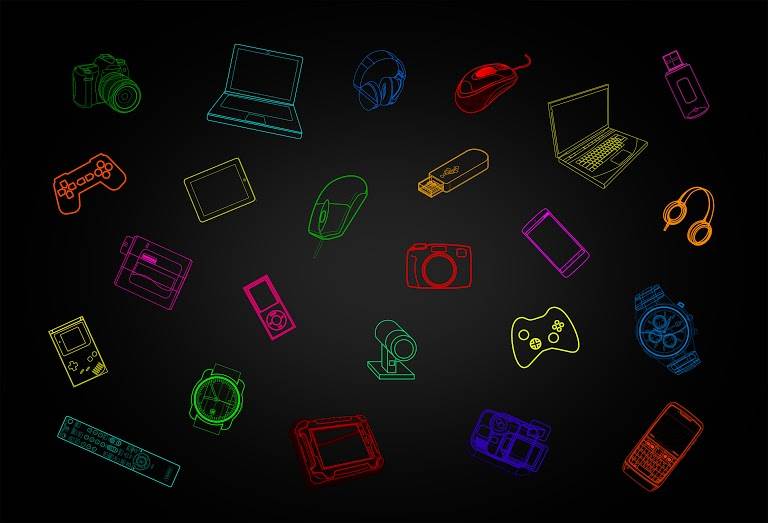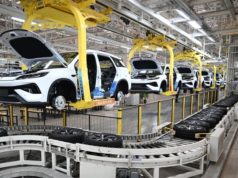A major focus of CES 2016 in Las Vegas last week was the Internet of Things (IoT). But what consumers don’t know about data policies around the latest technology trend could hurt them.
Indeed, as IoT makes its way into the mainstream — connecting homes, cars, and thermostats and more — the data being collected is massive. One attorney is asking a key question in an age where privacy and security are more important than ever: Who owns the data?
The answer is disturbing, said Adam Rendle, a senior associate at Taylor Wessing LLP in the U.K. That’s because the answer is no one owns the data. The data does not have property rights.
Two Important Criteria
“The owner of a smart thermostat does not, for example, own the data about how he uses it,” Rendle said in a blog post. “The only thing that is ‘ownable’ is an aggregation or collection of such data, provided there has been a relevant investment in carrying out that aggregation or collection — the individual user is very unlikely to have made that investment.”
There are two important reasons to work out what collections can be owned and who can own them, according to Rendle. The potential value of mining the data for market intelligence is one consideration, as is the potential for outsiders to exploit it.
Separating the potential ownership interests of various players in the data processing chain is an equally important reason. Rendle noted that users, hardware manufacturers, app developers, database architecture providers and data purchasers are among the many hands that may touch the data. Without identifying all the players, it’s difficult to determine who holds economic rights.
Avoiding Unnecessary Litigation
“Aggregations of data can be protected by database right. Database right is an EU-specific IP right which is designed to incentivize and protect the storage and processing of data,” Rendle said. He said that three criteria determine a database right: there has to be a database as defined by independent data collection; there has to be a significant investment in collecting, verifying or presenting the data; and the database maker has to have a strong economic and business connection with a European Environment Agency state.
“Of course, like all intellectual property rights, the ownership of database right can be allocated in contract,” Rendle said. “Given the overlapping responsibilities and roles of those in the data chain, it will be important to put in place appropriate ownership provisions in the relevant agreements. Where ownership has not been appropriately provided for, we can expect to see big disputes between those involved, given the potential value in data captured from the IoT.”
We caught up with Greg Sterling, vice president of strategy and insight for the Local Search Association, to get his thoughts on the topic. He told us identifying who owns — or can access — data generated by IoT will become an important issue over time as devices of all kinds generate increasing amounts of data, and as more parties seek to access that data.
“Uncertainty about ownership rights will almost certainly lead to conflict and litigation,” Sterling said. “In the U.S., ownership is assumed in the entity that has collected and processed the data. In Europe, there might be a much more complex and contentious situation, where database ownership is not assumed but must be affirmatively proven.”







